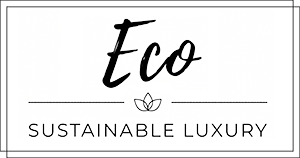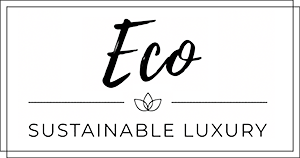Cotton and Water in India
Do you know the story of Cotton and Water in India?
The water consumed to grow India’s cotton exports is enough to supply 85% of India’s population with 100 litres of water every day for a year.
Growing Cotton can consume as much as 60% or even more of the average annual rainfall in Maharashtra, in one growing season.
Cotton and Water Pollution in India
Cotton is a major user of fertilizers and pesticides worldwide. Fertilizers and pesticides are carried by water that runs off the field or through the soil, carrying the pollutants with it, which end up in surface or groundwater.
Overuse of fertilizers leads to eutrophication, the use of toxic pesticides impacts the health of people, plants, and animals.
On average globally it takes:
- 10,000 litres of water to grow a kg of cotton
- 8,000 litres to grow the cotton for a pair of jeans.
Organic farming uses techniques such as crop rotation, compost, and biological pest control, leading to the improved ecosystem and soil health, forbids the use of synthetic chemicals.
What you should know about Organic Cotton:
-
Reduces environmental footprint
No toxic chemicals are used in the growing of organic cotton. It doesn’t damage the soil, has less impact on the air, and uses 88% less water and 62% less energy. Conventional cotton uses about 16% of the world’s insecticides and 7% of pesticides.
-
Impacts our food system
Organic cotton is grown from organic cotton seeds. Cotton-seed oil is used in a variety of food products such as cookies, chips and vegetable oil, and is also fed to livestock. So while cotton fiber is not something we put in our body, the by-product can make its way into our diets.
-
Model for the future
By 2025, two-thirds of the world’s population may face water shortages. But organic cotton is 80% rain-fed, which reduces pressure on local water sources. The absence of chemicals also means that water is cleaner and safer. Cotton is often grown in water-scarce areas using irrigation and it takes 2,700 liters of water to make a conventional cotton t-shirt.
-
Promotes safe work & better livelihoods
Growing organic cotton keeps farmers and their families safe. They are not exposed to toxic chemicals in the field or through their food and water supply. It also means farmers grow more than one crop which supplements their food and income.
-
Fair price for sustainability
When you buy organic cotton you are investing in water conservation, cleaner air, better soil, and farmer livelihoods. The price for organic cotton is therefore sometimes, but not always, higher. However, with demand on the rise, more choices will become available.
Organic cotton is not a hippie fashion. Many celebrities like Angelina Jolie, Emma Watson, Alicia Silverstone, Charlize Theron, Jessica Alba, Natalie Portman, Olivia Wilde, Jamie Foxx, Kelly Slater, and Emily Deschanel wear organic cotton – the list goes on.
Many, like Stella McCartney, Bono, and Gypsy Rose have started their own organic cotton collection and others, like Neil Young, have gone as far as to publicly boycott conventional cotton in support for organic.
Read more on ecoclothingindia.com




